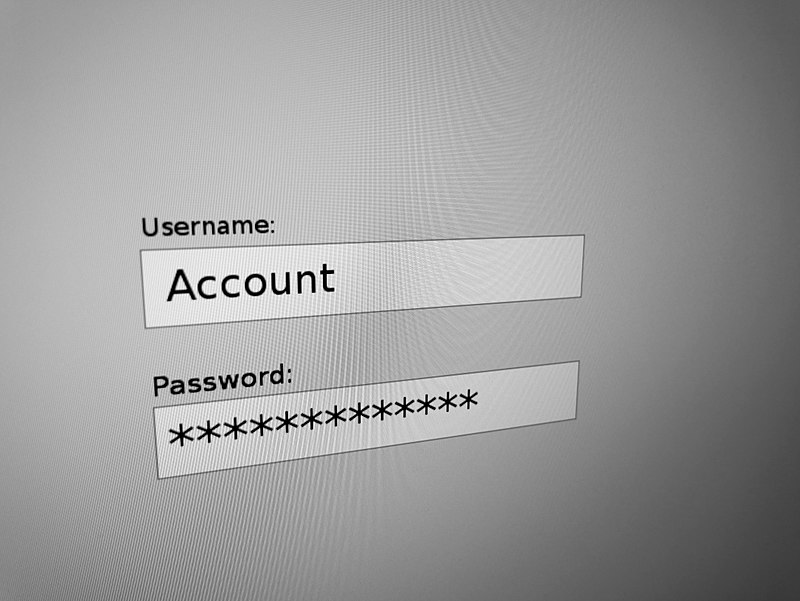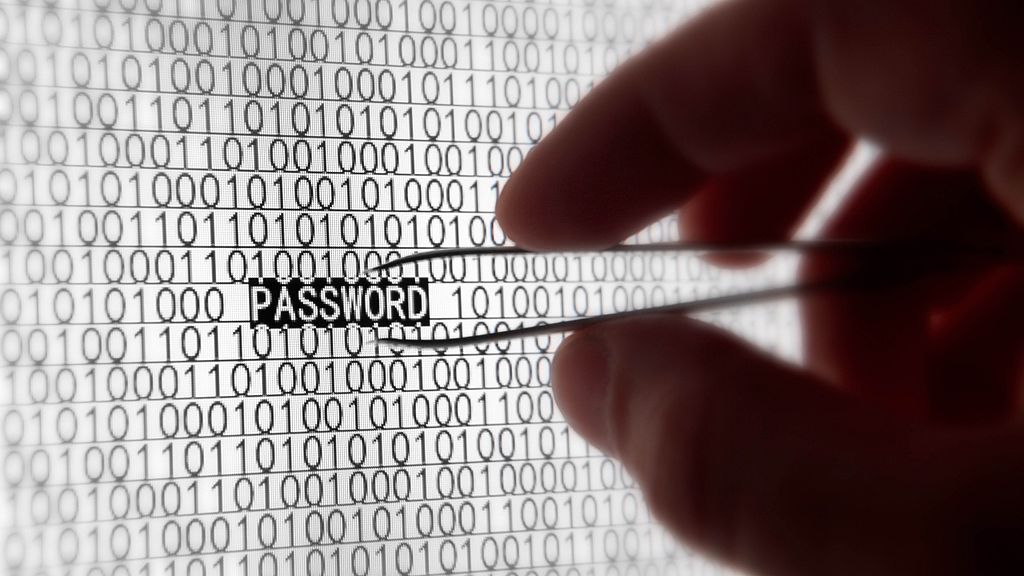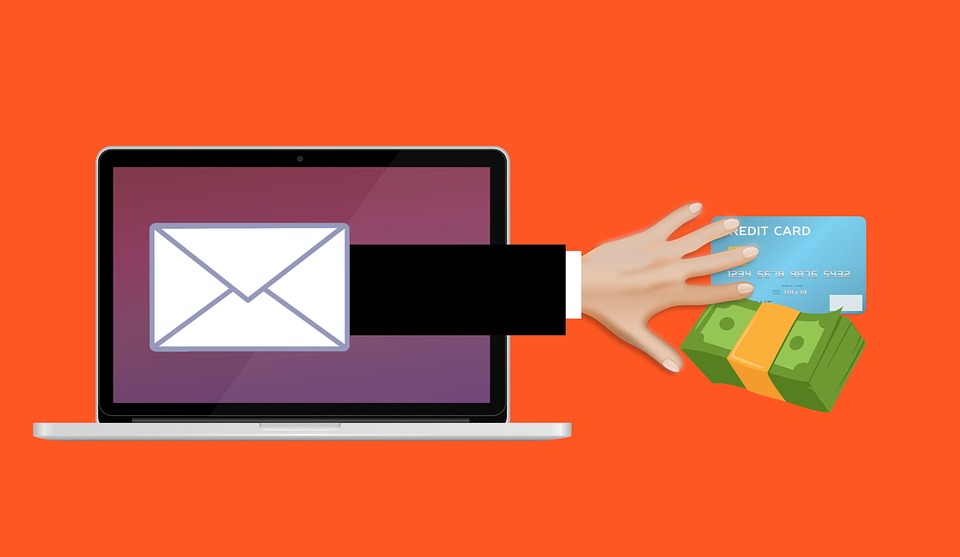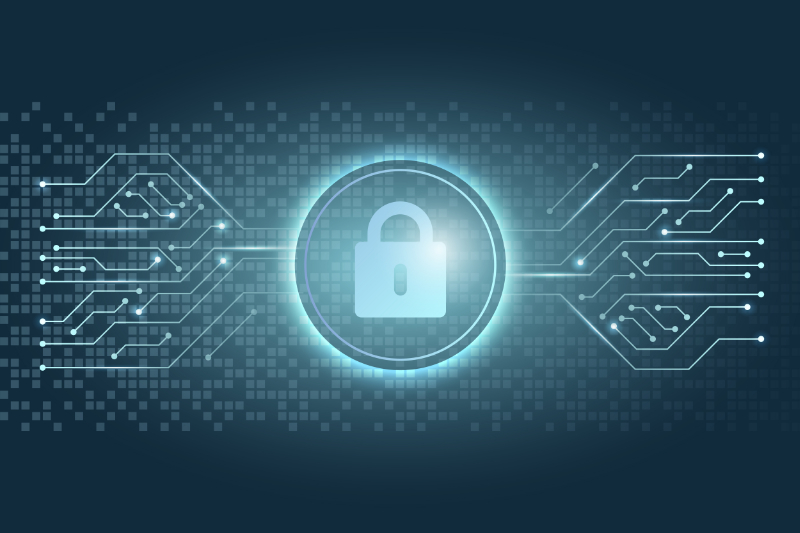What is a password and what are they for?
To start we must be very clear that a password is personal and non-transferable since a password is a form of authentication with which we access a space where we have personal information, Thanks to the password we can control access to such information or resources that should not be as public access, therefore it is protected with a password. But how to generate strong passwords
Then we can say that the password is an access code that can be made up of a combination of numbers and letters that allow a user to access a personal account of a particular application or service (Email, Facebook, LinkedIn, Twitter, your bank account, etc.). For security, it is very important that this key only you have access since with it you can access the accounts that come to contain sensitive information such as monetary resources, personal information, labor information, etc., which is of great value and can affect you in a very negative way if it ends up in the hands of others.

So in this article, we will advise on how to generate a strong password.
How can we create a strong password?
Sometimes, because of the large number of accounts that we manage either in emails, to enter social networks or to access our bank accounts, we handle a large number of passwords, so it could be difficult to remember them all, That’s why we fall into the most common mistakes when generating passwords how to use the same password in all accounts we use, In this way, we are leaving the doors open for anyone to steal our data or impersonate our identity.
So here are some tips to create a strong password:
- Avoid creating passwords with consecutive numbers, for example:
- 12345678
- 0987654321
- Do not tell anyone our password: Sometimes we can rely on certain people too much, but let’s try to avoid providing our passwords to third parties, not because these trusted people can misuse them, otherwise, due to carelessness, they may not provide adequate protection.
- Avoid creating passwords with very personal information with easy access such as:
- Names of children, partners, relatives, pets, etc.
- Important dates such as:
- Birthdays, wedding anniversary, etc.
- Cities with personal ties such as:
- Where we were born, the city we liked to visit, the city where we live, etc.
- Hobbies:
- The sport we practice, the team we support, etc.
- Do not enter your password: Nowhere (post-it, notebook, etc.)
- Change the password regularly: Having the same password for a long time increases the chances that third parties can access it. Therefore, it is recommended that the password be changed at least once every six months, The continuous change of your password makes it more difficult to access it.
- Do not use the same password for all your accounts: Although it is very practical to use the same password for all accounts, this increases the risk that they can access our personal information, That is why it is recommended to have a different password for each account we manage, In this way we mitigate that they can access all accounts and subtract more information and if a problem arises in any account, it would only be in one and not in all.
- Password Length: It is recommended that the minimum character of a password be 8, but it is recommended that it be as long as possible, this will be based on the information you manage in the account, If it is something very delicate, the longer the password will be much better.
- Combine uppercase, lowercase, number and special characters: Using the combination of lowercase and uppercase letters increases your password security, Therefore, a more secure password would be if more than one capital letter is entered, also the interleaved use of numbers and special characters (*, +, ç,? ¿,! – or?) will make it even more secure.

Now, since you’ve created a strong password, don’t forget the basic tips to keep it that way:
- Do not write it down anywhere or share it with anyone.
- Change it frequently
- Do not use the same password for multiple accounts.




